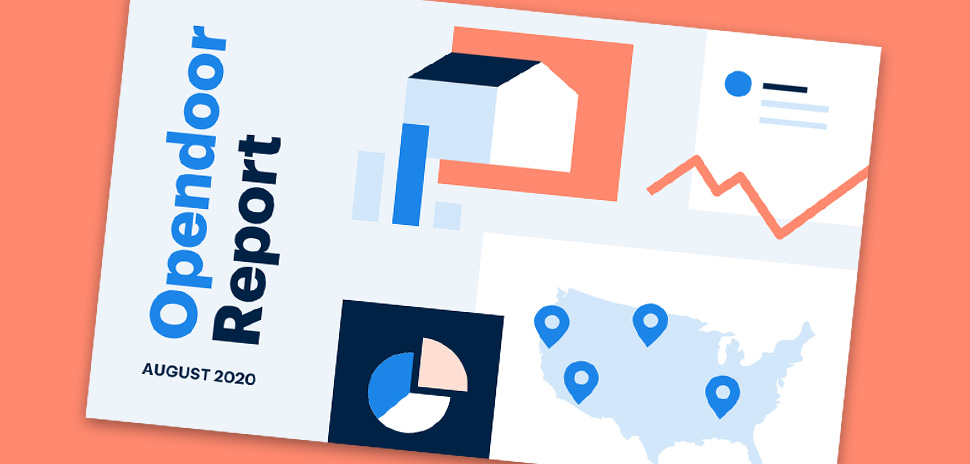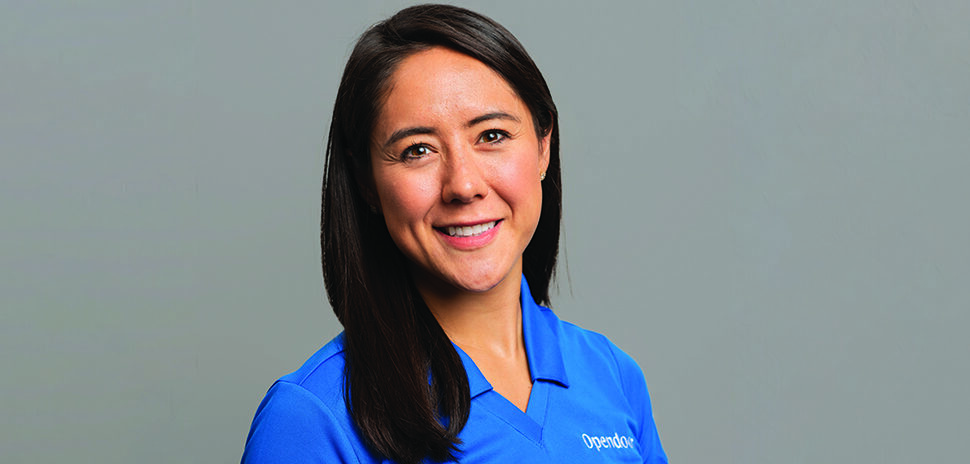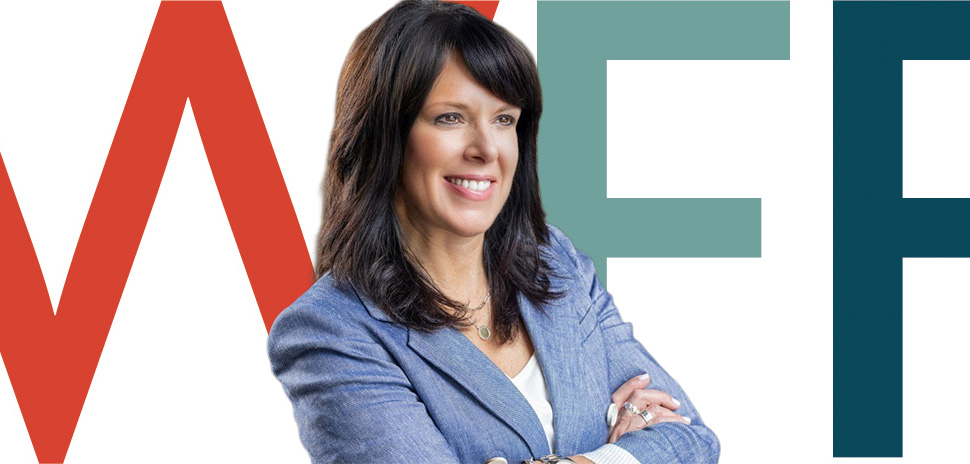Since its founding in 2014, Opendoor has been rapidly expanding with its tech-based real estate model. It launched in Dallas in 2015 and now operates its “radically simple way to buy and sell your home” in 21 cities across the U.S. But when the COVID-19 pandemic hit, the early player in the real estate iBuyer category knew it had to refocus and power on.
Inspired by its mission to “empower everyone with the freedom to move,” Opendoor has again begun buying homes, but with more convenience, safety, and certainty. A few months ago, it resumed operations in seven markets, and this week announced that it is expanding back into the remaining 14.
The model allows homeowners to directly sell their home to Opendoor with a digital and contact-free transaction and all-cash offer. And to help with the uncertainty surrounding these unprecedented times, Opendoor has commissioned a new survey to explore how the pandemic is influencing home buyers and sellers.
The first installment involved 480 respondents in six markets, Phoenix, Atlanta, Las Vegas, Nashville, Charlotte, Raleigh-Durham; the second 2,000 respondents are in New York City, Chicago, San Francisco, Boston, Washington D.C., Seattle, Austin, Los Angeles, Miami, Portland, San Jose, San Diego, Phoenix, and Las Vegas.
The results aim to help sellers understand the market and give homebuyers insight into what to expect in today’s competitive market. It also gave some insight into where people want to move—like Dallas.
Of the respondents who identified Dallas-Fort Worth as a place they’d relocate to, 75 percent chose Dallas and 25 percent chose Frisco or Plano, Opendoor told us.
Most people who chose North Texas were from California, specifically the Bay Area, or another part of Texas, like Austin. Half cited a lower cost of living as a major attractor, OpenDoor said, and around 70 percent have plans to buy a single-family home. (Data shows that average home sale prices in Dallas have increased by 8.8 percent). The rest chose apartments or condos.
And, 75 percent of those respondents already planned their move to Dallas prior to the COVID-19 pandemic.
Back in February, before COVID began, Opendoor told us that Dallas made up its second largest U.S. market. It has worked with almost 12,000 local home buyers and sellers and infused more than $74 million into the North Texas small business community by working with local contractors and tradespeople rehabbing homes to be put on the market.
And though the pandemic continues to rage on, Opendoor says it hasn’t stopped the need for people to move.
Here are its seven trends uncovered that Opendoor hopes can shed some light on the real estate market:
The coronavirus pandemic has accelerated moving for many
As a result of the pandemic, 28 percent of survey respondents reported that they were leaving their city.
Safety is a top priority
Opendoor notes a number of options for buying and selling a home safely amidst social distancing guidelines: virtual visits, digital open houses, self tours, and more.
Consumers are confident in the real estate market, expecting home prices to increase
“It’s encouraging to see that the housing market has been more resilient than some real estate industry observers expected,” Opendoor said.
Both buyers and sellers, 62 percent and 63 percent respectively, responded to the survey that they think things have already returned to normal in their market or will in the next six months.
It’s a seller’s market
Opendoor reports that purchasing power is strong and buyer demand is high—29 percent of buyers responded that lower mortgage rates were the top influencer in their decision to move.
Migration patterns differ by age groups and metropolitan areas—but Las Vegas and Los Angeles are top destination cities for all
Millennials identified five spots as top destinations to move: Los Angeles, New York City, San Francisco, Las Vegas, and Portland.
Americans favor smaller cities over rural towns—and millennials are moving to the ‘burbs
But, Opendoor’s data also shows millennials were the highest percentage of respondents that were wanting to start a new chapter in the suburbs. Although health and safety is a priority, most people said they “are still overwhelmingly planning to move to either another big or mid-sized city.”
People want a nice place to raise their family—but don’t need to be too close to family
The survey showed three key reasons for relocation: wanting more space/land, moving to a nicer neighborhood, and living in a good place to raise a family. Remote work is now a driving factor in today’s new era, with 32 percent of respondents saying “their job allowing them to work remotely full or part-time as a reason for moving.”
![]()
Get on the list.
Dallas Innovates, every day.
Sign up to keep your eye on what’s new and next in Dallas-Fort Worth, every day.




























